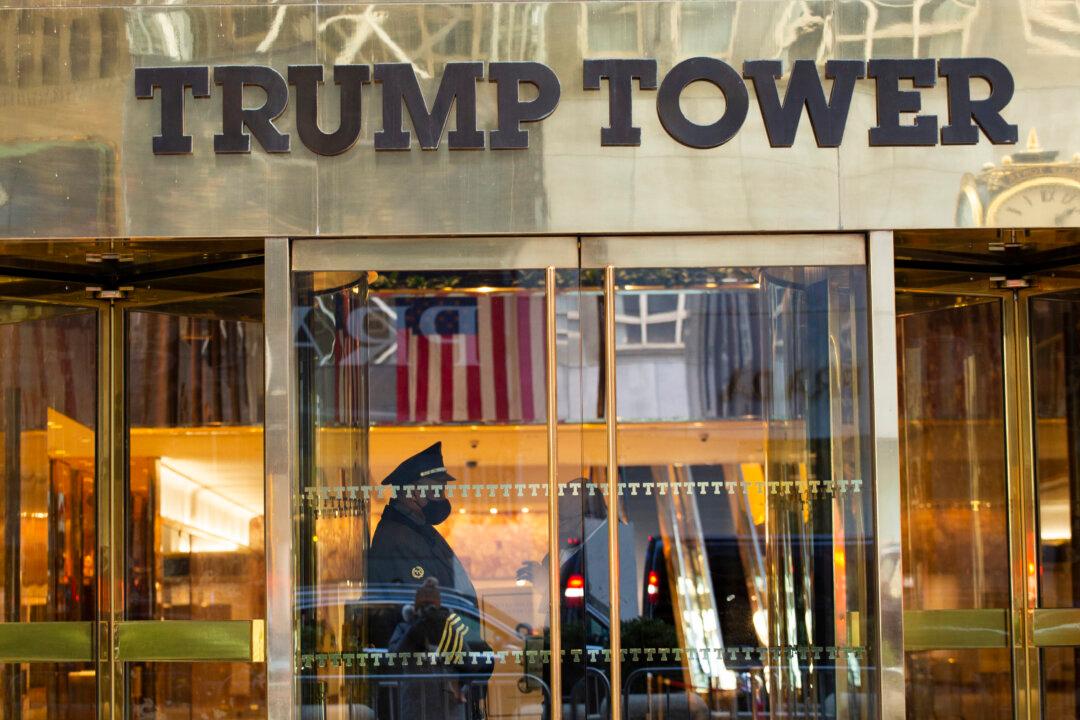Former President Donald Trump’s two companies—the Trump Corporation and the Trump Payroll Corp.—have received the maximum possible sentence of $1.61 million on multiple tax fraud-related felony convictions.
While Trump himself wasn’t charged in the case, his two companies were earlier convicted of over a dozen felonies, including a scheme to defraud, conspiracy, two counts of tax fraud, and falsifying business records.





